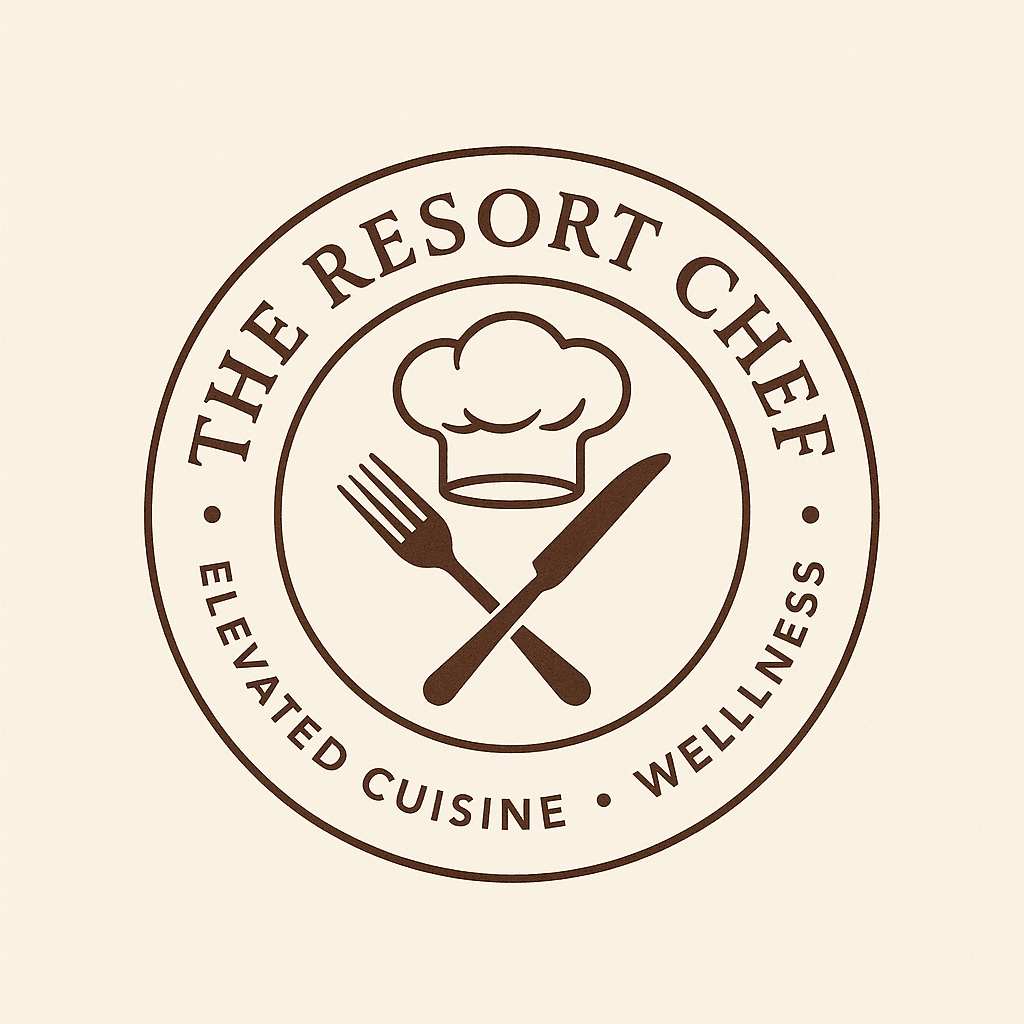Navigating Inflammation: Dietary Tips for a Healthier Life
Understanding Inflammation
Inflammation is a natural response of the body’s immune system to injury or infection. While acute inflammation is beneficial, chronic inflammation can lead to various health issues, such as heart disease, diabetes, and arthritis. Understanding how diet influences inflammation can empower you to make healthier choices.

The Role of Diet in Inflammation
Diet plays a crucial role in either exacerbating or reducing inflammation. Consuming a diet rich in processed foods, sugars, and unhealthy fats can contribute to chronic inflammation. Conversely, incorporating anti-inflammatory foods can help manage and reduce inflammation, promoting overall well-being.
Anti-Inflammatory Foods to Include
Focusing on a diet that emphasizes whole foods can significantly impact inflammation levels in the body. Here’s a list of foods that are known for their anti-inflammatory properties:
- Fruits and vegetables: Rich in antioxidants and phytonutrients, these foods help combat inflammation.
- Fatty fish: Salmon, mackerel, and sardines are high in omega-3 fatty acids, which are powerful anti-inflammatories.
- Nuts and seeds: Almonds, walnuts, and flaxseeds provide healthy fats and antioxidants.
- Whole grains: Foods like brown rice and quinoa contain fiber that helps reduce inflammation.

Foods to Avoid
Avoiding certain foods is equally important when managing inflammation. Here are some food items to limit or exclude from your diet:
- Processed foods: High in trans fats and refined sugars, these foods can trigger inflammatory responses.
- Sugary beverages: Drinks with high sugar content can lead to increased inflammatory markers in the body.
- Red and processed meats: These contain compounds that may contribute to inflammation.
Incorporating Balance and Moderation
While it’s essential to focus on anti-inflammatory foods, achieving balance and moderation in your diet is key. Incorporating a variety of food groups ensures you receive all essential nutrients while managing inflammation effectively. Remember, moderation is vital; even healthy foods can contribute to weight gain if consumed excessively.

Practical Tips for a Healthier Diet
Implementing dietary changes doesn't have to be overwhelming. Here are some practical tips to get you started:
- Plan your meals: Having a meal plan helps you stay focused on healthy choices.
- Cook at home: Preparing meals at home allows you to control ingredients and portion sizes.
- Stay hydrated: Drinking plenty of water supports overall health and aids in reducing inflammation.
The Role of Lifestyle Factors
Apart from dietary choices, other lifestyle factors play a significant role in managing inflammation. Regular physical activity, adequate sleep, and stress management are critical components of an anti-inflammatory lifestyle. Engaging in activities like yoga or meditation can further help reduce stress-induced inflammation.
By adopting these dietary and lifestyle habits, you can effectively navigate the challenges of inflammation and embrace a healthier life. Remember, small changes can make a significant impact on your overall well-being.
